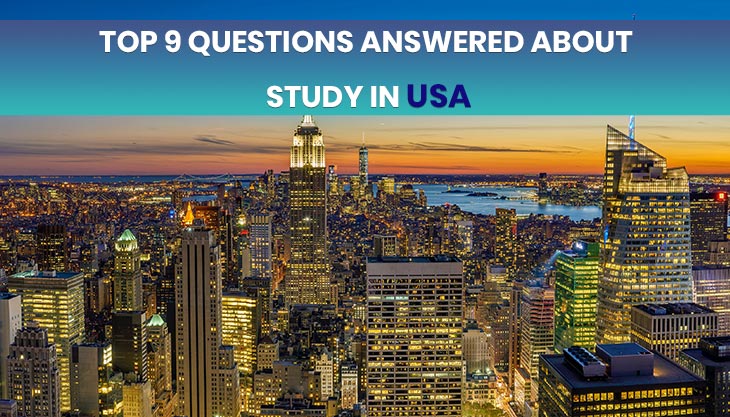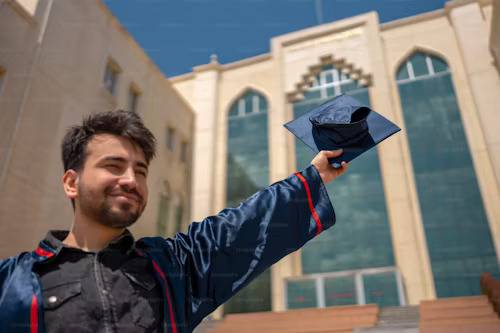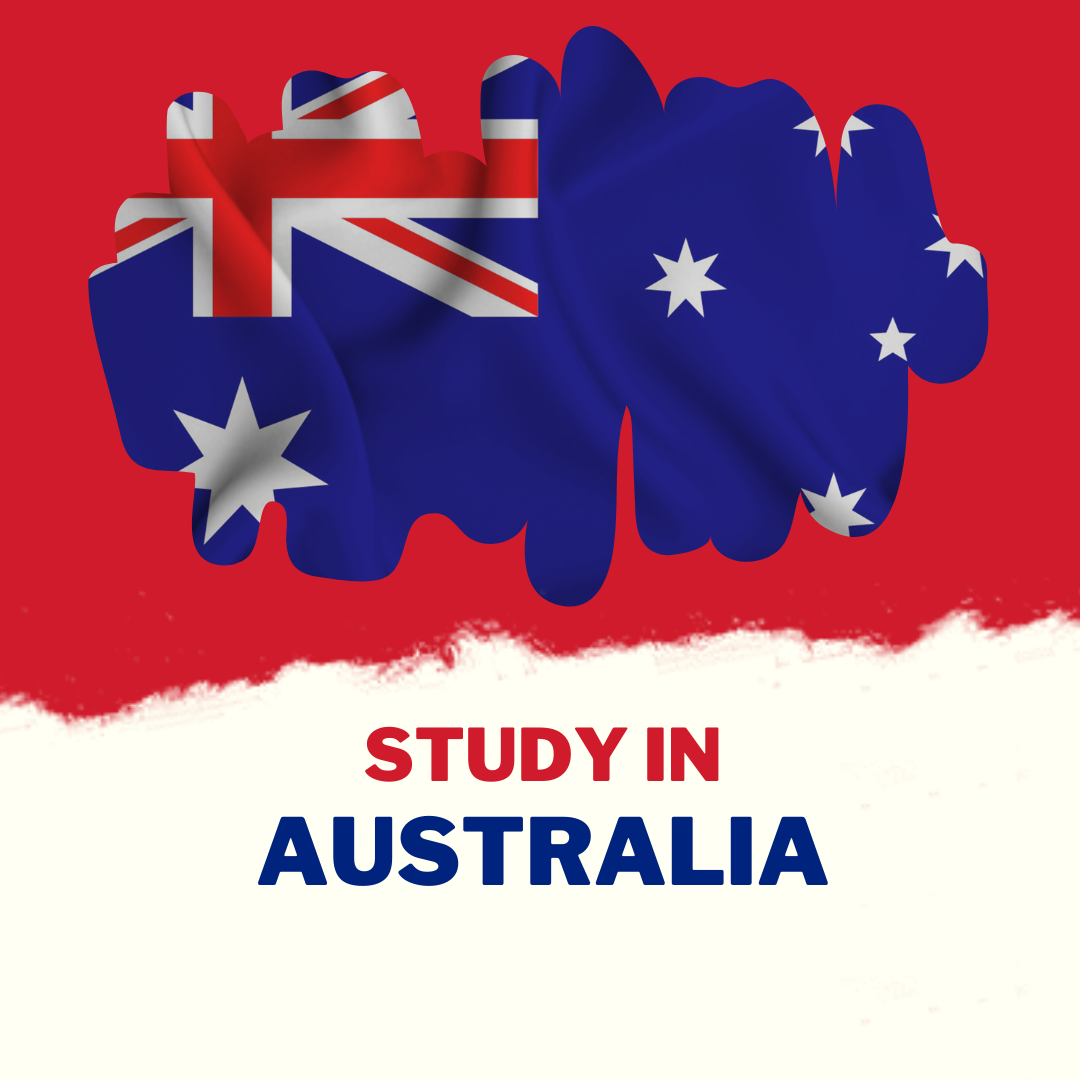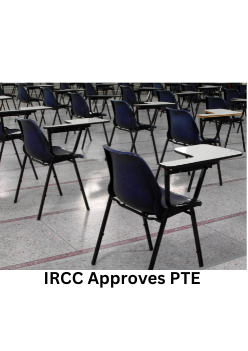INTRODUCTION
America was born from the opportunity and thrives on it which makes it a very obvious choice for Overseas Education. Aspirants are automatically inclined towards it as a country of choice for newer more innovative thinking and learning processes for which the US has always set a benchmark.
It is perhaps one of the world’s biggest centers of cross-cultural learning and immigration. In addition to this, its sprawling campuses, amazing infrastructure, exciting scholarships provide aspirants with the right incentive to select it as one of the countries for Overseas Education.
From the very first moment, you speak to the Hurray Overseas Education Consultants you will be assisted in the application, documentation, visa filing, SOP and other processes. One of the few Overseas Education Consultants in Bangalore, Hurray ensures that you are selecting the right university for higher education.
Here are a few FAQs regarding Studying Abroad in the USA.
1. What are my options as a graduate student in the US?
The most common graduate program, following the award of a Bachelor’s degree, is a Master’s degree, which is awarded in a range of subjects including the Arts and Humanities (MA/MFA), Science (MS), Management (MBA), Medicine (MD), and Law (JD). These programs are typical of 1-2 years’ duration and involve taught coursework as well as a substantial research-based work.
Besides a Masters, the other option for graduate study is a Graduate Certificate, which is awarded on the basis of coursework, of shorter duration than a Master’s, as a supplement to a Bachelor’s degree where required.
In the US, a Graduate diploma is an award for a program of short duration, at a higher level than a Master’s, which is usually intended for professional training rather than academic training.
A Master’s degree is the typical requirement for admission to a Ph.D. program.
2. What are the eligibility criteria for admission into a US university?
For entry into a Master’s program, the entry requirement is a Bachelor’s degree awarded by a recognized institution, with a minimum GPA score, which is usually 3.0 on a 4.0 scale. Most programmes will also require the candidate to clear the GRE examination or other more subject-specific exams like GMAT.
The acceptance of the Indian 3-year Bachelor’s degree i.e. BA, BSc or BCom varies as per the university. In certain cases, an additional minimum 1-year postgraduate degree may also be required for admission.
3. What are the language requirements for admission into a US university?
Programs in the US are taught in English. Non-native English speakers will be required to provide proof of sufficient proficiency in the language, in order to be considered for admission.
US universities typically prefer either TOEFL, with a minimum required score set by the university, which usually does not dip below 550 in the paper-based test or 79-80 in the internet-based test; or, IELTS with a minimum score usually set at 6.5 overall with no individual band score below 6.0.
4. When can I start my course in the US?
Universities in the USA follow a dual semester system. While in India, students can only enter university in the first semester, in the USA, students have the ability to commence their studies in whichever semester suits them, subject to various factors including course availability.
Intakes
-
Fall Semester: commences in late August-early September
-
Spring Semester: commences in January
For more information regarding these and other dates, check out our dedicated blog posts on the University intake timeline: USA.
5. What are the Visa requirements to study in the US?
International students enrolled in a university program are required to apply for the F1 Student Visa. The requirements include proof of acceptance to an accepted institution, as well as proof of sufficient funds to cover cost of studies and living. The visa process will require that you schedule an interview at the nearest US Embassy/Consulate. Applicants for a student visa are usually given priority.
You will be allowed to enter the country 30 days prior to the start date of your programme.
6. How much will it cost to study in the US?
Tuition fees for a Master’s programme fall within a broad range from 18000-30000 USD, varying as per factors such as the subject of the study or the university. A course in Arts and Humanities usually costs less than one in the STEM-designated subjects, while an MBA programme will usually have the highest tuition fees.
In addition to tuition, other fees such as a fee for international student enrolment of about 150-200 USD, the Student Activity and Technology fee of about 300 USD, and/or other university/program-specific fees are also usually levied.
The cost of living in the US varies as per the place of residence – metropolitan areas may have a higher cost of living than suburban/regional areas, with some cities more expensive than others. The average cost of living could vary between 10-12000 USD per year. International students will also be required to cover the cost of medical insurance.
The Visa application fee is set at 160 USD.
7. Are there scholarships available to help fund my studies in the US?
There are a number of scholarships available to help eligible international students fund their education in the US – the Fulbright Foreign Students Program for Masters and Ph.D. students is one of the most famous of these, while there are also several other university-funded awards as well.
8. Can I work while I study in the US?
International students with an F1 visa are allowed to seek employment in the USA, subject to certain conditions. On-campus work i.e. work within the university campus or another location affiliated with the university is permitted.
Off-campus employment i.e. employment by an employer not affiliated with the university is only permitted after completion of 1 academic year of the program of study, for students who have an economic hardship that qualifies for the Department of Homeland Security’s emergent circumstances.
9. Can I stay back and work in the US after I graduate?
International graduates from the USA are eligible for the H-1B visa. It is a non-immigrant temporary visa for specialist occupations. Specialist occupation refers to that which requires the theoretical and practical application of a body of specialized knowledge.
The minimum requirements for obtaining this visa include sponsorship by a US employer, at least a Bachelor’s degree with a preference for US Master’s degree-holders, and a correlation between the job duties and the candidate’s education and work experience.
The H-1B visa is granted for a three-year period, which can be extended to another three years, but no more than six in total. This visa also makes its holder eligible to later apply for permanent residency.
A limit is set on how many H-1B visas are issued each year – historically it has been 65000, with an additional 20000 issued for holders of a US Master’s degree. All applications are primarily subject to a lottery system which determines those which will be considered for the granting of H1B.
CONCLUSION
If you have more questions or would like more detailed information regarding studying abroad in the USA, the Hurray Overseas Education Consultants can help. Get in touch with us via email: overseaseducation@hurrayedutech.com, or phone: 8971357928, for more details.











Post Comments